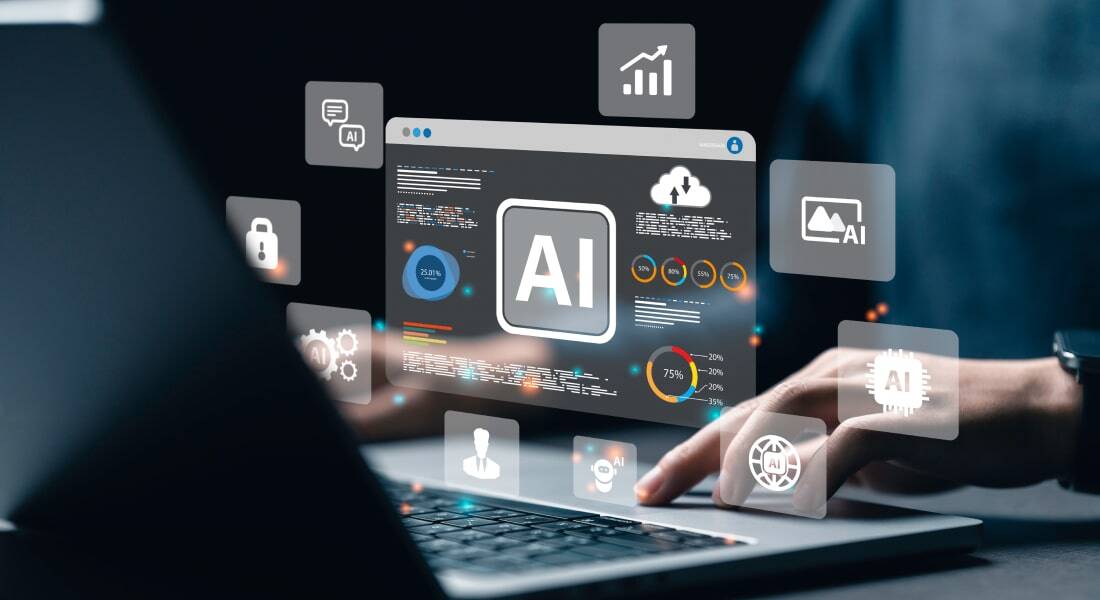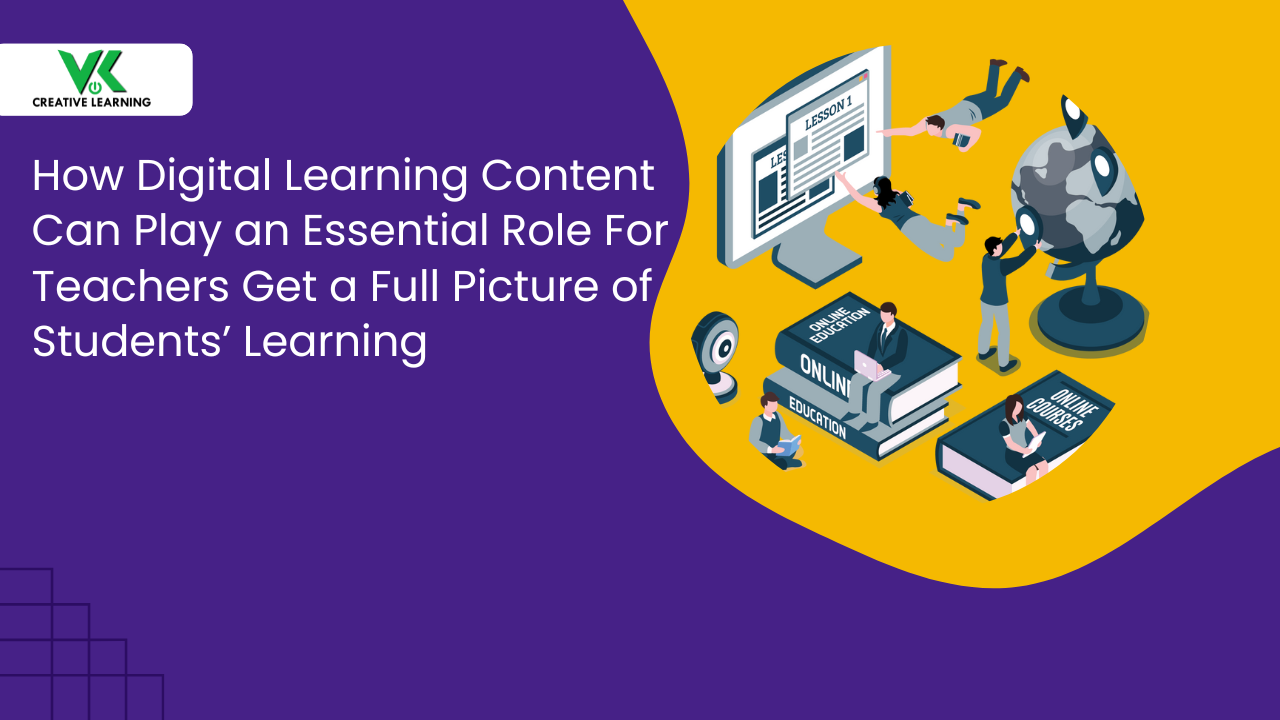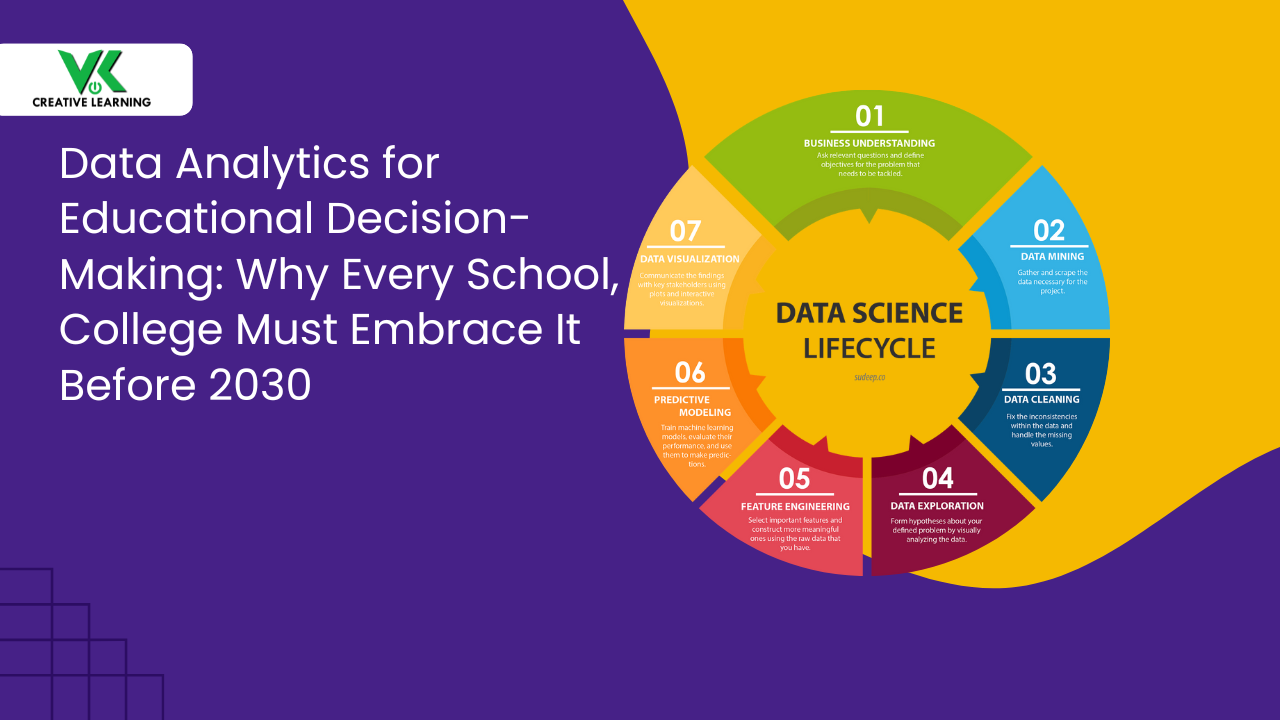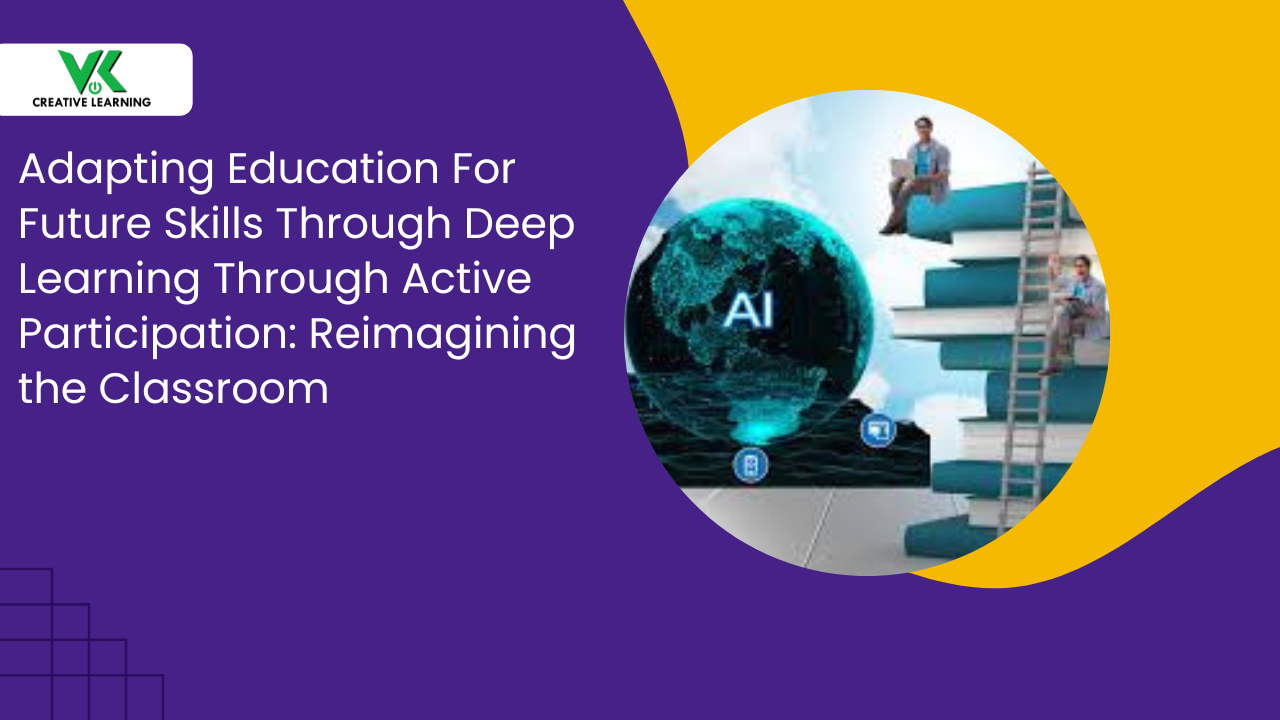Brain-Based Learning: Power Up Your eLearning Courseware
June 08, 2024
Have you ever experienced a situation wherein you enrolled in an online or conventional course that gave a feeling like doing a chore more than having an engaging learning experience? Well, then in that case, you're not alone in feeling let down. This is because, sometimes, many learners struggle with absorbing the taught concepts and automatically, this is followed by low motivation; difficulty in remembering information, and challenges surface while applying their newfound knowledge in real-world situations. These unforeseen circumstances can leave entities such as schools or firms wondering if their investments in educating students/employees are truly paying off.
Here's where the infusion of the powerful methodology; namely, Brain-Based Learning can be helpful. Brain-Based Learning focuses on different approaches the brain functions when it comes to receiving information and the best ways of absorbing and retaining information.
The wonderful aspect about this principle is that when incorporated into your eLearning courseware, learners (be they students or team members) can become familiar with a subject matter closely and they would feel like exploring more about the topic.
With these in consideration, we will cover more about the Brain-Based Learning methodology and its benefits in the subsequent sections.
Getting Into The Details of Brain-Based Learning -- What Makes It Different
Not many prefer to opt for fat and technical-jargon-filled textbooks and lengthy lesson plans. Now, imagine a dynamic approach that replaces the existing textual learning materials and utilizes the full potential of learners' brains. Yes, that's possible with Brain-Based Learning -- a transformative approach that makes use of the latest scientific findings so that the learning experiences of the students (schools) as well as employees (firms) are smooth and fast.
The best aspect is that the methodology isn't based on some kind of rote memorization techniques or absorbing information passively. Importantly, Brain-based learning gives an extra emphasis on the fascinating aspects of cognitive development. Precisely put, it tries to uncover how our brains (or different individuals -- right from childhood) learn and grow at different stages of life. In addition to cognitive development, attention is also paid to social and emotional maturity.
To put in different words, as individuals change with age, so does their ability to assimilate a piece of information, solve varied problems, and ability to grasp new concepts.
Above all, this form of distinct approach keeps aside the notion of a 'one size fits all' approach and centers on personalizing the learning paths so as to match the unique rhythm of each learner's mind -- as done on eLearning courseware.
Furthermore, the importance of Brain-based learning concept can be understood by the fact that for years, most of people believed that intelligence as some kind of a bar of soap (with a fixed shape) -- learning can be limited and thus, a boundary line was created.
But later on, groundbreaking advancements in the field of cognitive science showed some surprising and positive discoveries from a learning perspective -- the myth that learning is limited was shattered.
To be specific, our brains can be compared to gardens and if proper cultivation (in our case through various learning techniques) and care (personalization) are provided, they can blossom and produce remarkable results on a continuous basis.
Thus, this goes beyond an academic theory as it has multiple real-world implications that would help learners to absorb information swiftly. Elaborately put, by gathering information on how learners take in the knowledge and how exactly learning rewires their brains, teaching plans (for schools) or training programs (for corporations) can be designed. This type of eLearning courseware would enhance the knowledge base; boost the remembrance capability, and increase their ability to put to use the learned knowledge in new and creative ways.
Addressing Challenges with Brain-Based Learning Strategies
Since our brains are wired to absorb information in specific ways, sometimes, the use of traditional systems can miss the mark. Specifically put, one may struggle to remember information that has been taught for a long time. Also, the other issue can be low engagement or lack of the required motivation which doesn't help the cause plus there can be other ones too (explained below). These challenges can be fixed with the use of Brain-Based Learning techniques in eLearning which help to suit learning material as per the learners' grasping ability comfort. Explained hereunder is how the methodology aids to overcome different types of challenges:
Motivation Matters: Just like when individuals earn a reward, they feel motivated to explore more and complete all the given tasks. Gamification is one such element when introduced in eLearning courseware can work as a motivation-boosting factor. To be precise, when the participants (students or workforce) start earning points along with badges for completion of various modules and thereby, topping the leaderboard, they get a feeling that they have the potential and they can perform even better. This aspect of providing the motivation on reaching goals can turn them into go-getters and they go beyond the expectation levels.
Information Overload: Anyone would find it difficult to go through and complete a giant textbook thrown at them within a short frame of time. This is largely because our brains find it difficult to handle too much information when bombarded at one go. This is where the Brain-Based Learning tactic which helps to simplify the learning material can come handy through the use of a technique called chunking (or microlearning). To understand this concept, you can imagine dividing a large pizza into small slices -- this way it becomes easier to digest! Similarly, eLearning courseware can be broken down into small modules especially when it comes to complex topics (that is, chunking into tinier, bite-sized units).
Lack of Engagement: When the information is difficult to understand, most of the learners just stare at the screen as they are unable to absorb the information. Again, Brain-Based Learning which gives extra emphasis to scientific methodologies of learning such as interactive elements or activities can be helpful.
Further elaborating with an example: Imagine that learners are playing a game where they answer questions in an interactive and fun way rather than reading a long paragraph -- this will be more interesting, right?
In other words, the inclusion of interactive elements in an eLearning courseware -- games, simulations, and polls to name a few -- can immensely boost the engagement factor and turn learning more enjoyable.
Real-World Disconnect: Sometimes, online or usual teaching methods without practical activities can make knowledge seekers feel disconnected as they are loaded with textual information or theories without real work examples or workplace situations.
In such cases, by smartly infusing training modules with interesting narratives and insightful or detailed case studies, the knowledge gap -- that was once opaque -- can be turned into a landscape that provides easy comprehension and brims with clarity.
For instance, the new joiners can learn about different types of negotiation skills through a story associated with successful sales experts -- the techniques they used to convince the customers and close the deals. This kind of useful strategy where tough concepts are explained through animated stories can make the learning process all the more relatable and relevant to their daily work tasks.
Conclusion
Brain-Based Learning approach can be beneficial in many ways when applied while creating eLearning courseware for children as well as professionals as it helps to grasp concepts easily and the focus is on simplifying the learning techniques and increasing learning capabilities.
If you as a school, university, or firm want to create an eLearning program based on Brain-Based Learning, then you can approach a reliable and experienced eLearning content provider such as VK Creative Learning.



